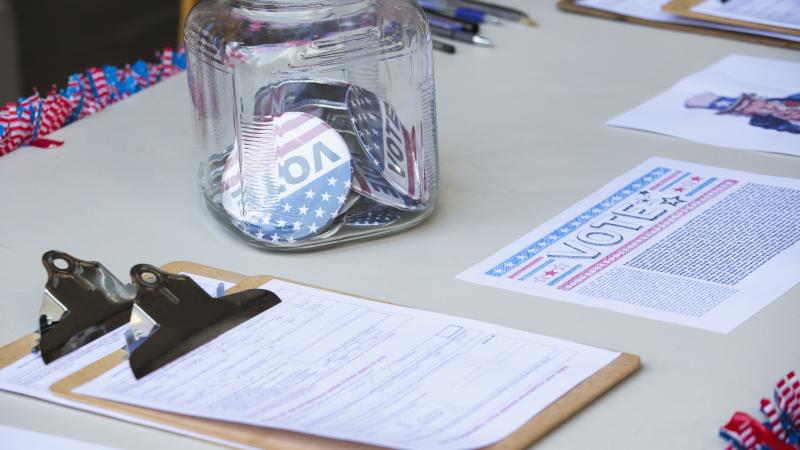Manchin said of his increased call for bipartisanship: Capitol riot 'changed me'
Manchin said that the country should not be so politically divided to where people "want to go to war with each other."
West Virginia Democratic Sen. Joe Manchin says his increased calls for bipartisanship are the result of the Jan. 6 Capitol riot, which he says "changed" him.
During an interview Thursday on CNN’s "The Situation Room," Manchin said the country should not be so politically divided to the extent people "want to go to war with each other."
The riot at the Capitol – an attempt to disrupt the certification of President Biden’s Electoral College victory – resulted in hundreds of arrested and at least five related deaths.
"January 6 changed me," Manchin said. "I never thought in my life – I never read in history books — to where our form of government had been attacked and where our seat of government, which is Washington, D.C., our own capitol, by our own people."
He continued: "Now the British did it, but not Americans. So something told me, 'Wait a minute, pause. Hit the pause button, something’s wrong. You can’t have this many people split to where they want to go to war with each other.' "
The moderate Democrat holds a crucial vote as his party try to push forward Biden’s $2 trillion infrastructure proposal, which Manchin opposes as it stands now.
The Senate parliamentarian said this week that Democrats could look to use budget reconciliation to pass the proposal, allowing the Senate to pass legislation with a simple majority. The rule was used to pass the $1.9 trillion coronavirus relief bill last month.
Manchin does not support this legislative method and has also voiced his opposition to getting rid of the filibuster, which Democrats are also considering to pass legislation with a simple, 51-vote majority. The Senate is split 50-50 between Democrats and Republicans with Vice President Kamala Harris holding the tie-breaker vote.
Manchin, a Democrat representing a conservative state, during the CNN interview also repeated his stance on both issues, saying he would not get rid of the filibuster and that budget reconciliation was "never intended to be our main focus or our main vehicle for legislation. That's not legislating. It has to be used from time to time. I understand that."
















